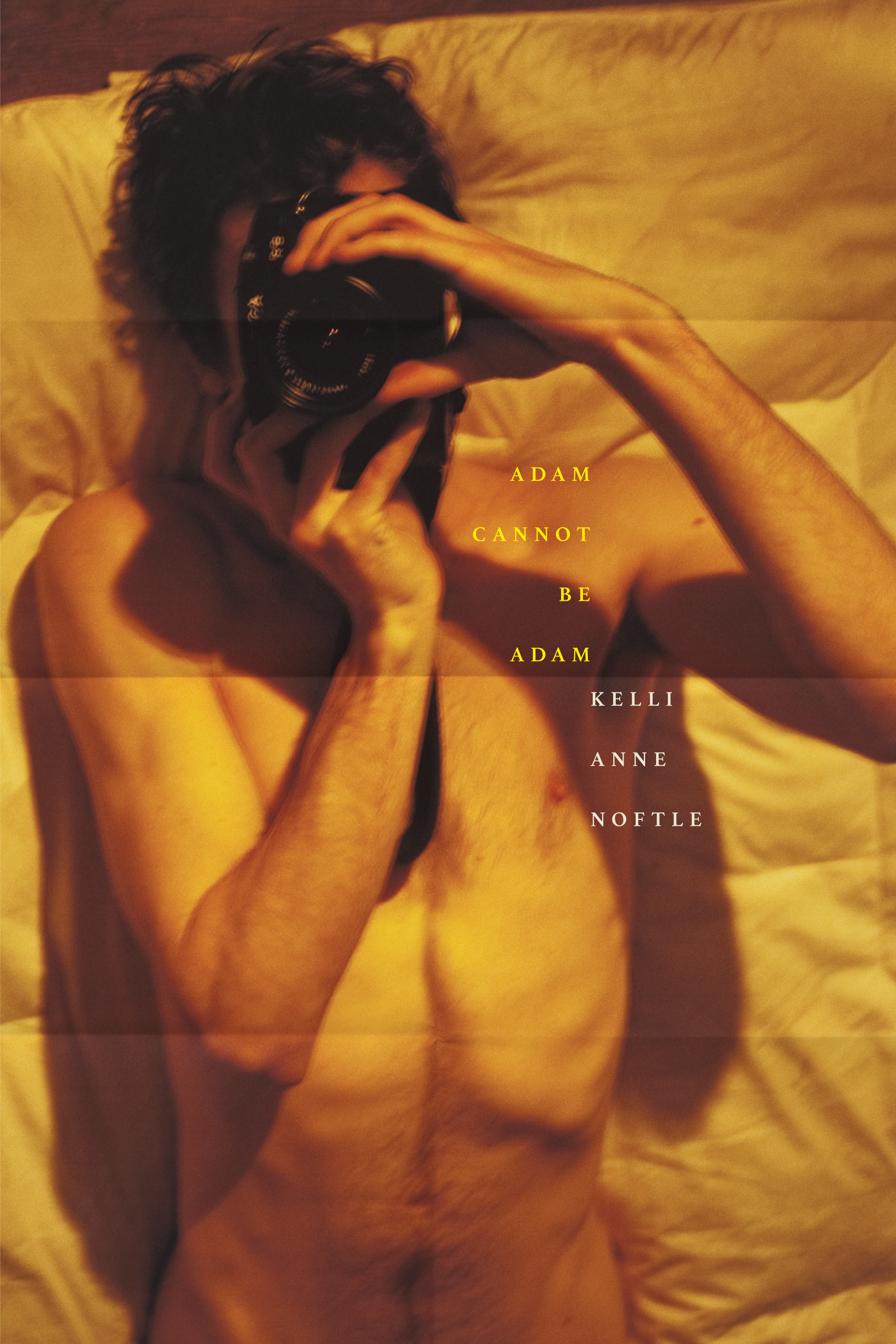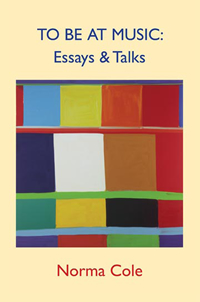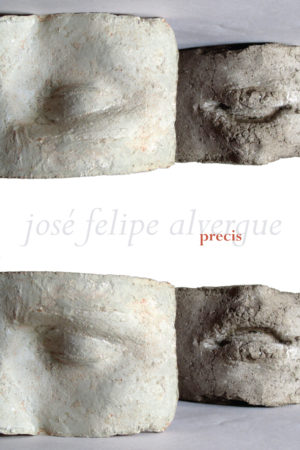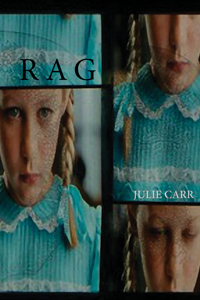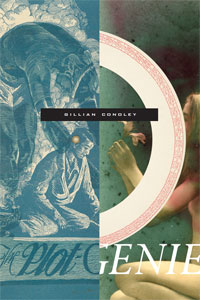Description
Adam Cannot Be Adam is a text of constantly refracting mirrors providing us with insights beyond mere duality. These deft, inquisitive poems portray two Adams as external characters in an ever-shifting mythos while examining the inner double personae locked in self-confrontation. Kelli Anne Noftle offers kaleidoscopic perceptions of reality using diagrams, mirrors, photography, holograms and painting. The simplicity of Noftle’s language often belies what is exposed, endlessly folding to create new structures from quotidian material. Adam Cannot Be Adam is a holographic portrait of identity and intimacy; each poem reveals an alternate view of the whole, questioning normative ideas about our relationship to self and other.
Adam Cannot Be Adam, Kelli Anne Noftle’s “quixotic and visionary” second book unfolds and unfolds a fresh consciousness out of her personally mythologized logic. Inside a linguistic “circle of white noise” where the double bind, the double personae of the self resides, you’ll find a lively physics of invention. Noftle’s dream play of this “story” of two Adams echoes Valery’s philosophical mix between seeing and forgetting/remembering, between apples and oranges, between “thirst and indifference.” The book’s declarative stance offers us a stunning variation on the normative pose of speaking agency. Noftle’s unique diction is the perfect habitat to breed her wild visual taxonomy. It is a work of art, interrupted by light –– a luminous “engine to a doppelganger,” a desolation of beauty blown in on the paradox of the future.
Elena Karina Byrne, author of Squander
William James tells us that “We ought to say a feeling of and…quite as readily as we say a feeling of blue or a feeling of cold.” IfAdam Cannot be Adam, then Kelli Anne Noftle shows us the middle way, the difficult liminal space that exists between Adam andAdam, and the feeling that necessitates such a space. There is Adam the idea, Adam the name, and Adam the first man. “Which adam is the original / which adam is behind the curtain / which adam is the one I am pointing to,” Noftle asks. The questions Noftle here tangles with, however, are never so simple as to reveal the wizard behind the curtain, except that they do reveal the system of which that wizard is a function. This book-length work cuts through the patriarchal structures of love, sex, and religion to remind us that the sense of self is contingent upon the sense of other. Adam Cannot be Adam without the woman—the first, the poet, Kelli Anne Noftle—who makes him so.
James Meetze, author of Phantom Hour and Dayglo
Kelli Anne Noftle’s second collection of poems reveals a brilliant mind observing a shifting subject, the “holographic man,” doubled in memory’s mirror and in the magical distance of love. Finely wrought and restlessly inquisitive, the poems hover over the point where intimacy “converges with light” in the mind, tinkering with perception, optical illusions, and visual imagery. Noftle’s poems are like origami animals, new shapes folded out of the ordinary material of life, offering the reader a transcendent guidebook on “how to see/ a picture/ made of uncountable/ refractions.”
Molly Brodak, author of A Little Middle of the Night and Bandit
About the Author
Reviews
Excerpt
Kelli Anne Noftle is a visual artist, musician, poet, and business manager who divides her time between Los Angeles and San Diego. Poems and music can be found at www.kelliannenoftle.com.
This book pairs the schism of two different biblical stories alongside the schism of two Adams within Noftle’s own life, and her subsequent desire to bring these multiplicities into a single, focused image. When one reads Noftle’s poetry, one is allowed to share in the building of a perspective that cleaves the world, simultaneously seeing everything double and coalesce. Noftle speaks her dream-worlds into a unified manifested creation.
I kept you both
in order
to tell the difference
Adam the significant
one of you was sleeping
one of you walked
into your sleep
Adam the pianist
I kept you both
alive in order
to write in
order to
fold a thing up to be another thing
getting anything to be inside anything

